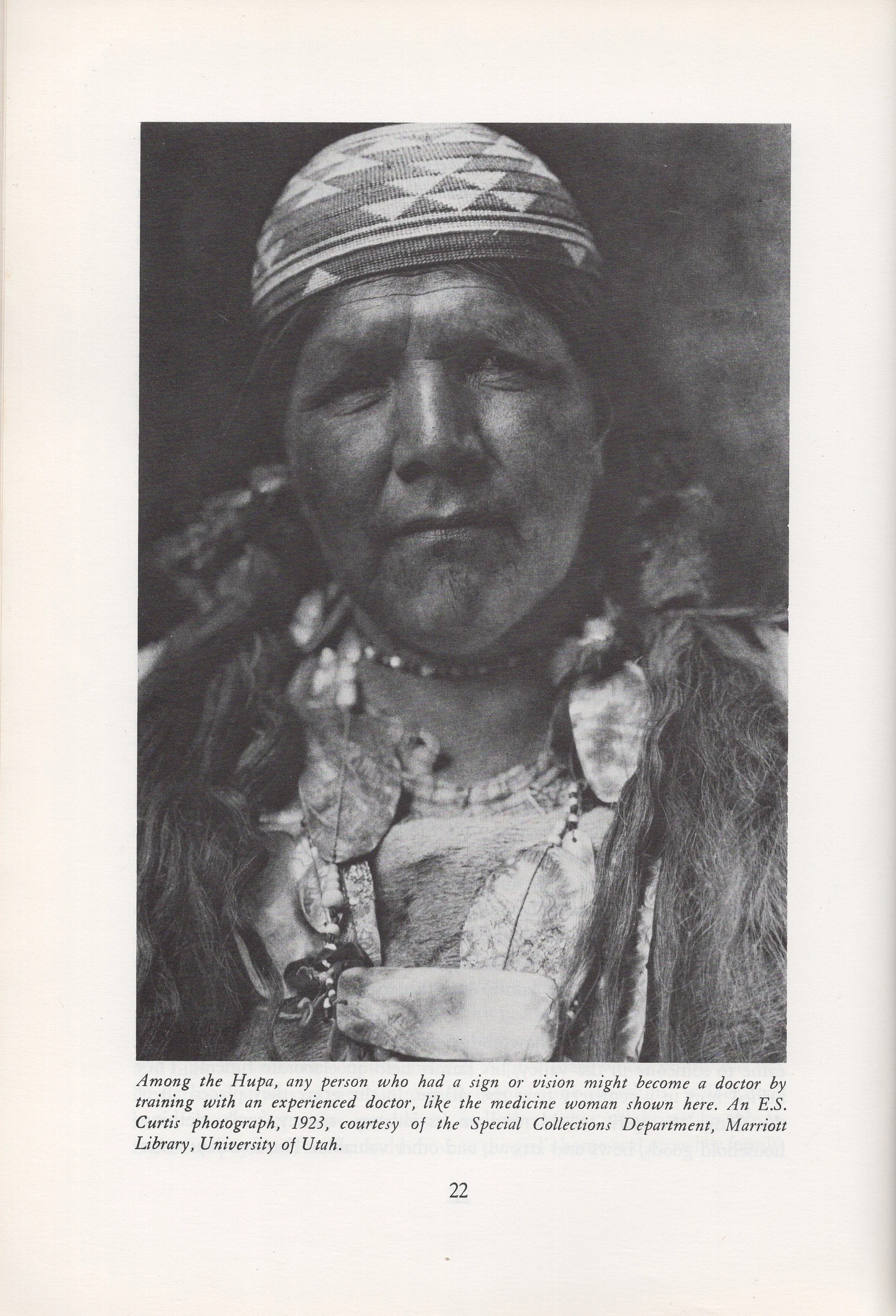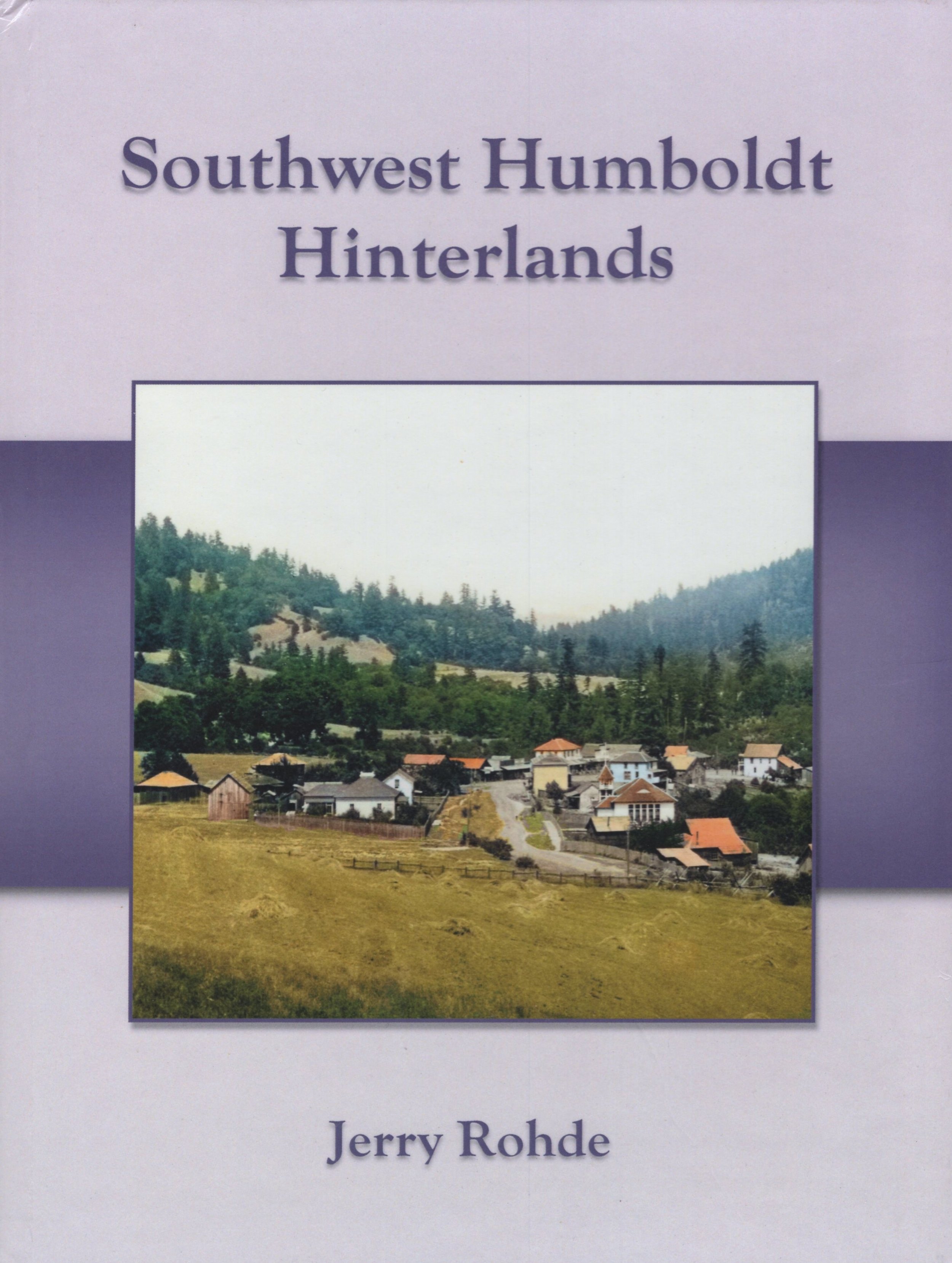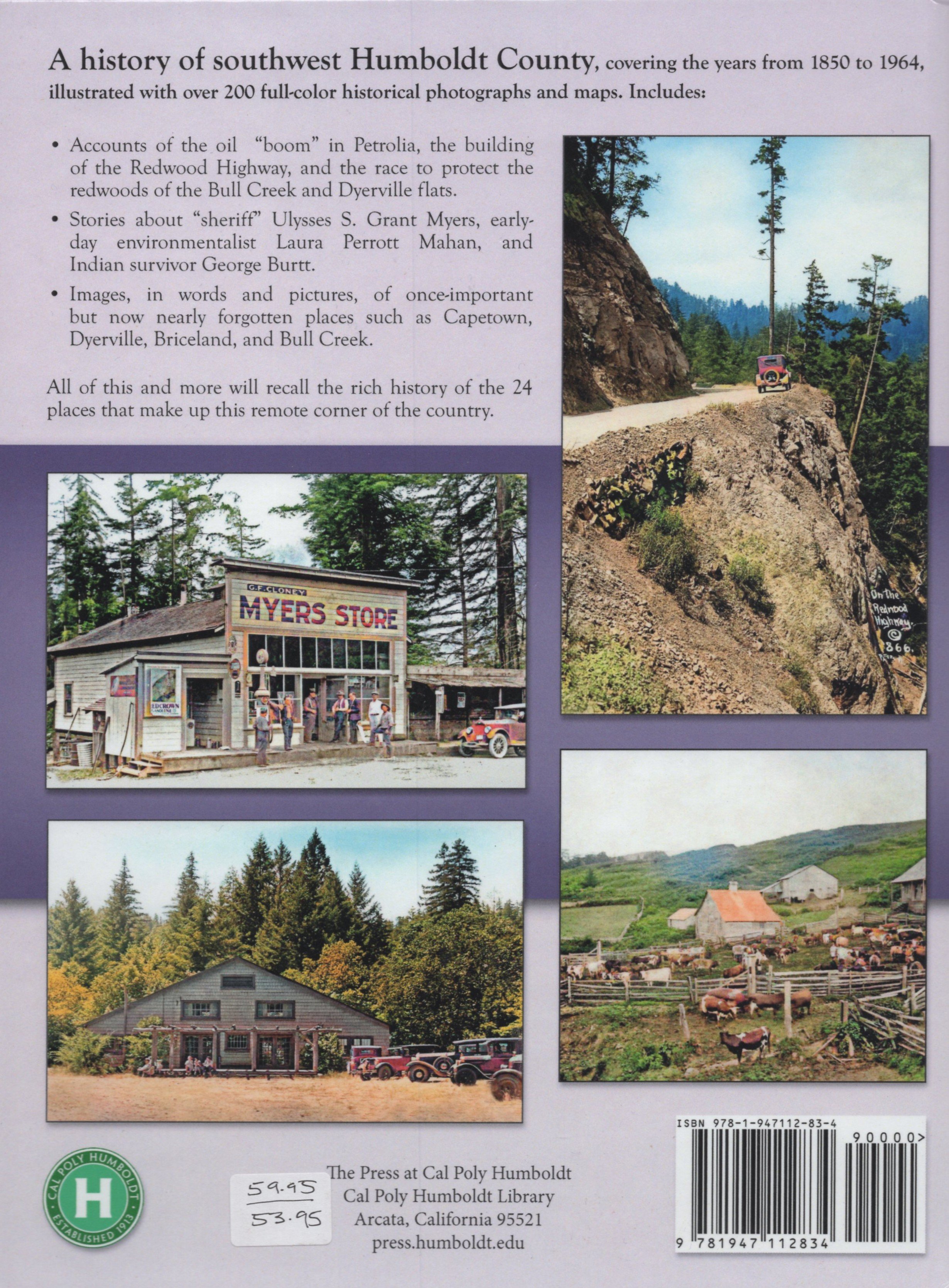Our Home Forever: A Hupa Tribal History USED


Our Home Forever: A Hupa Tribal History USED
A book on the special sale shelves at the Historical Society bookstore, Our Home Forever: A Hupa Tribal History is well worth reading for a better understanding of our broad community history. It uses numerous photographs, maps and accounts from various white perspectives: missionaries, military and government officials and scholars. No contemporary written accounts from the native perspective exist. As the introduction says, however, "no text . . . could pretend to offer its readers the kind of knowledge of the Hupa culture that the people of the valley have," but using material from written accounts verified by knowledgable tribal elders, the text offers the reader a general introduction to the traditional Hupa way of life.
Although the history of the Hupa people within the valley extends far into the past, this book proposes to only record the century of history after the coming of the whites until its publication in the 1970s. It presents that history in several segments covering significant developments and then is followed by detailed appendices and end notes.
The first chapter warmly details traditional Hupa life: the buildings, the family, the natural environment, and traditional activities such as food gathering, hunting, fishing and basket making plus the traditions of ceremonial dances and warfare.
Then the chapters go on to detail the different stages of interactions with the whites: the gold rush, the land-grabbing treaties, the influx of settlers, military establishments, massacres, resistance and the eventual establishment of marginally secure reservations. In detail, the book goes into the forced efforts at cultural assimilation through boarding schools, churches and suppression of Hupa culture -- all accompanied by disputes among the white governing authorities.
Finally we get to the period when "by the mid twentieth century the people's quiet and persistent refusal to abandon ancient beliefs had itself become a way of life in Hupa Valley." The right to traditional beliefs and ways of life began to strengthen locally and nationally. President Franklin Roosevelt proclaimed "the Indian New Deal", and the rights to religious, cultural and educational freedom were extended into Hupa Valley. Soon local elections were held and schools became public day-schools, all allowing for the recognition of traditional ways.
This book is a thorough presentation of a people who are an integral part of Humboldt County. It is well written and tells of tragedies and triumphs in a very readable way. It deserves to be incorporated into the presentation of Humboldt history.
Our Home Forever is a hardbound book in good condition. There is foxing on the page edges, but the pages are clean and securely bound.








